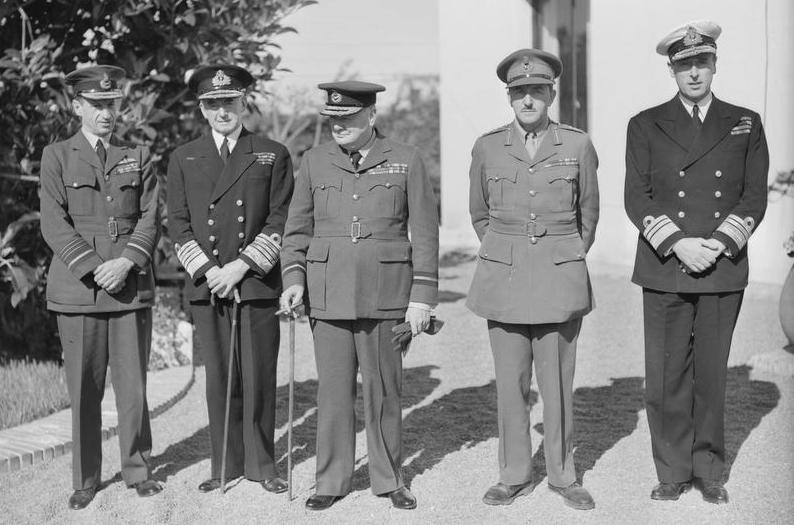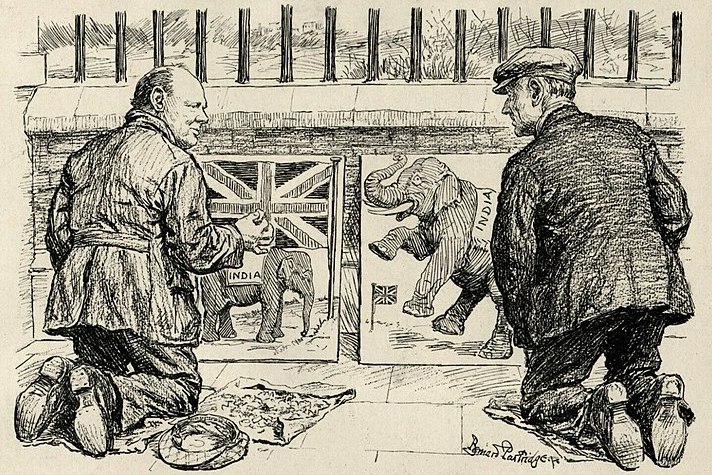


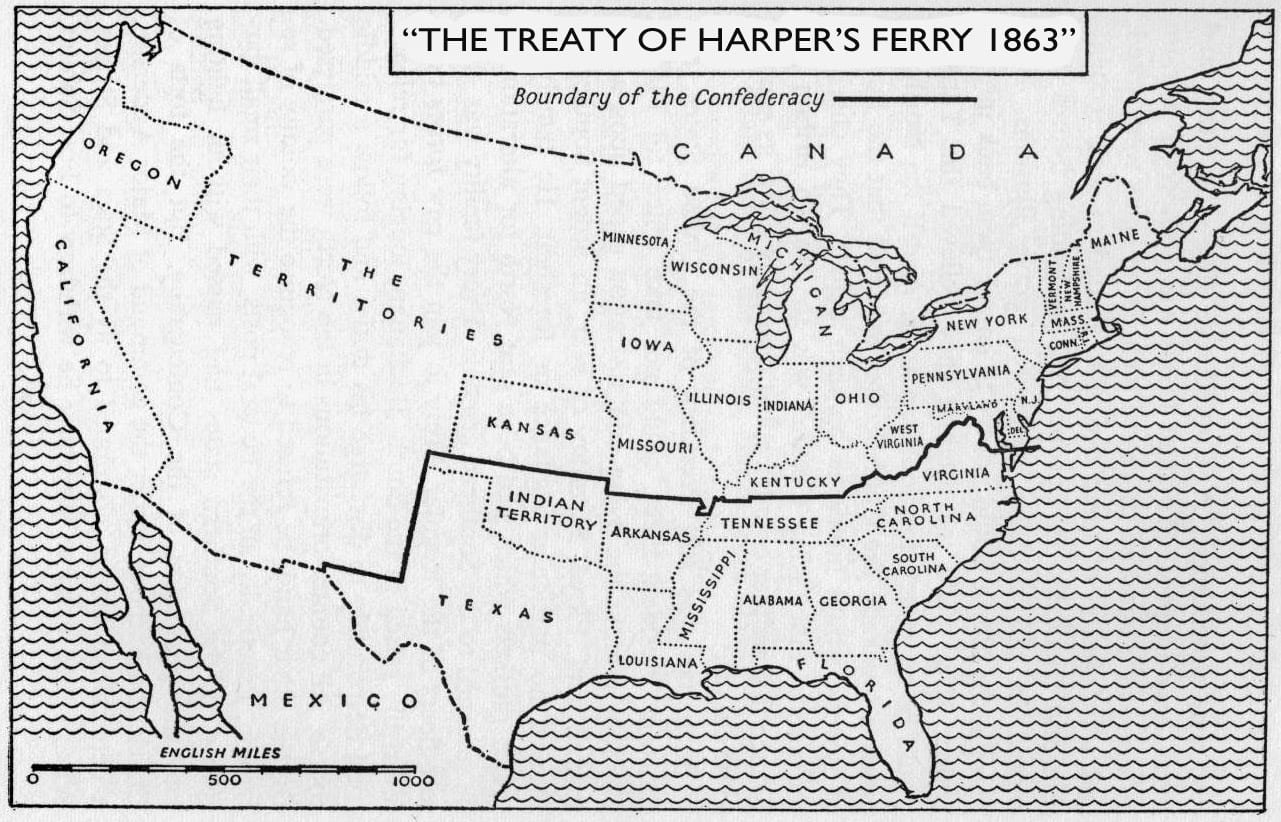
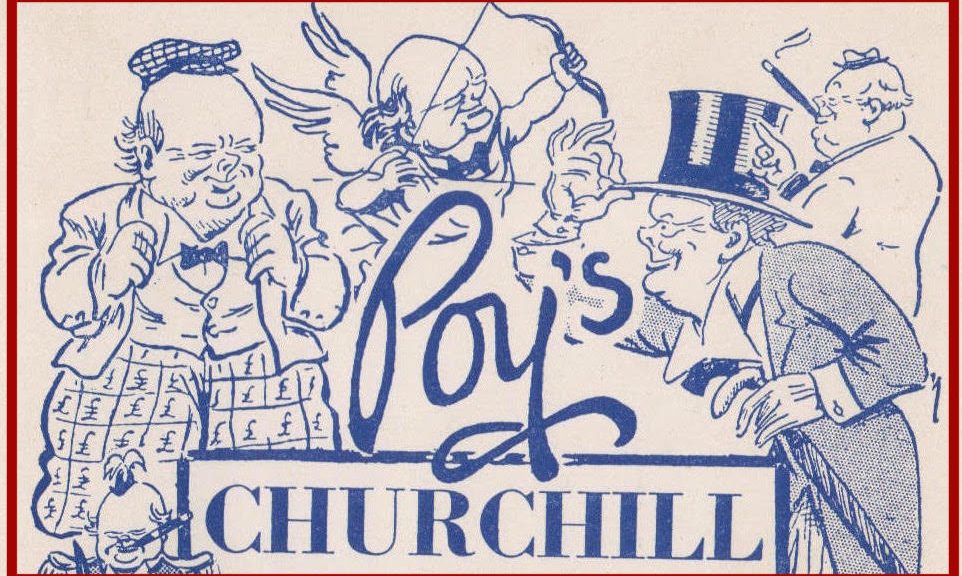
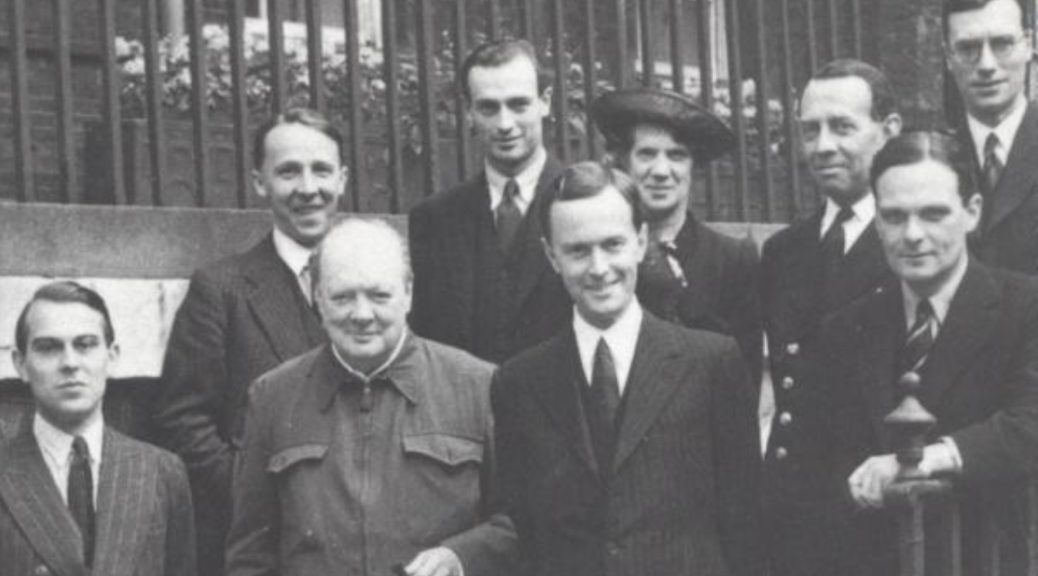
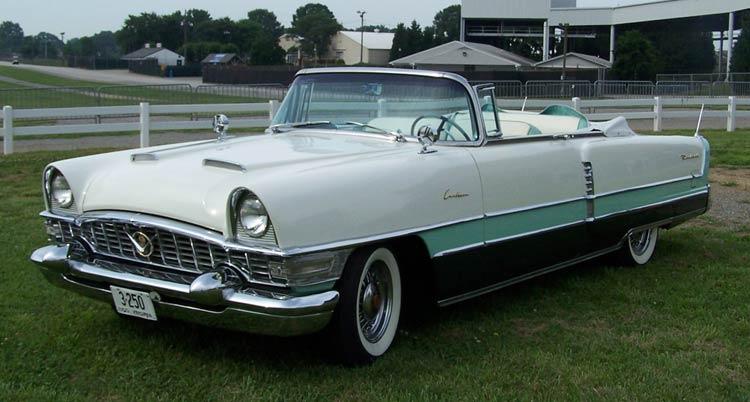
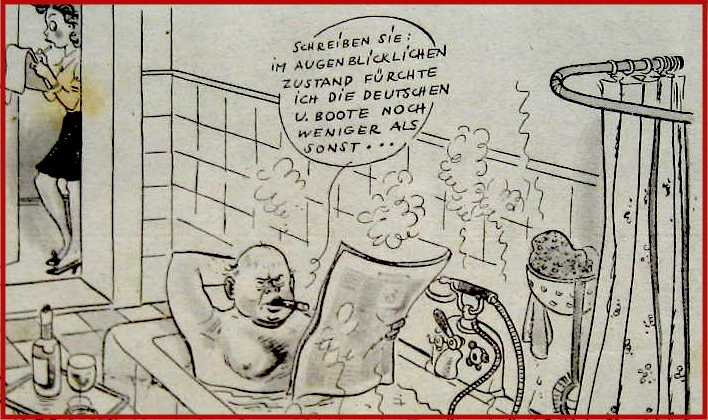
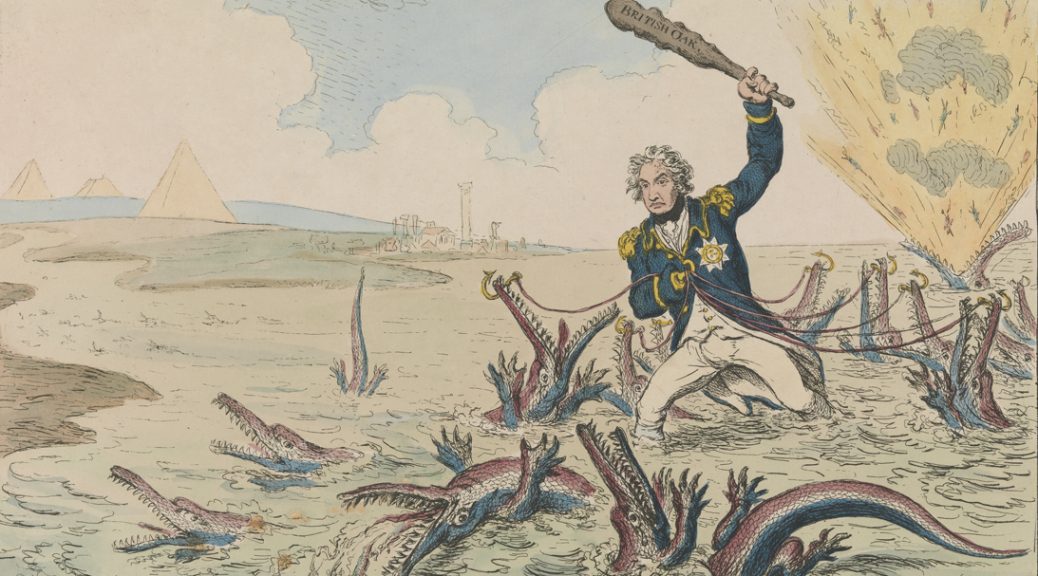
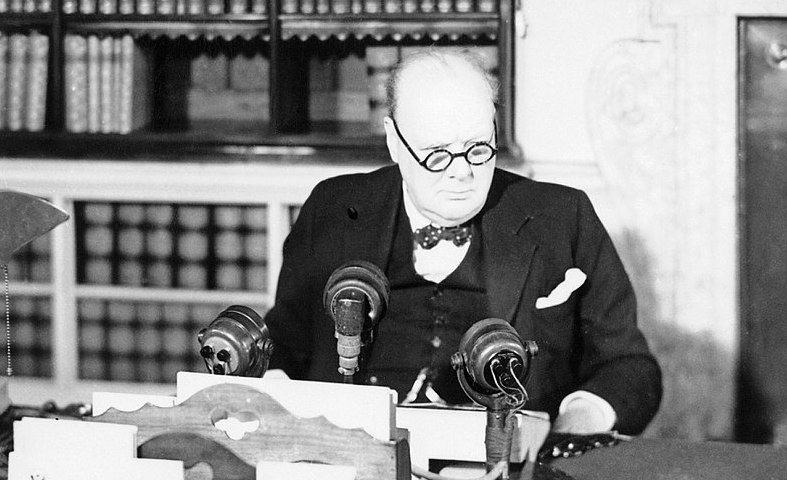
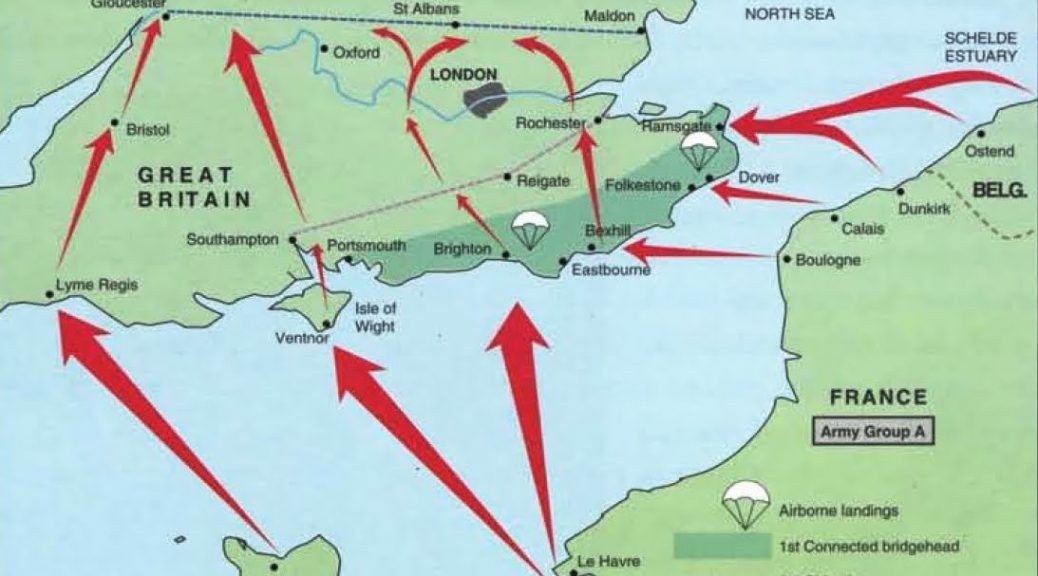
“Would the Royal Family and Chrchill Evacuate?” is excerpted from an article for the Hillsdale College Churchill Project. For the original text with endnotes, please click here.
Q: Evacuate the Royals?I am arguing with a person in another forum that there was a plan in the Second World War to evacuate Churchill and the Royal Family to Canada if the Nazis invaded. I believe it was called Operation Coates, but the reference I found doesn’t mention Churchill.
Churchill doesn’t seem like the sort of person to evacuate. At Sidney Street he was in the front line.…
